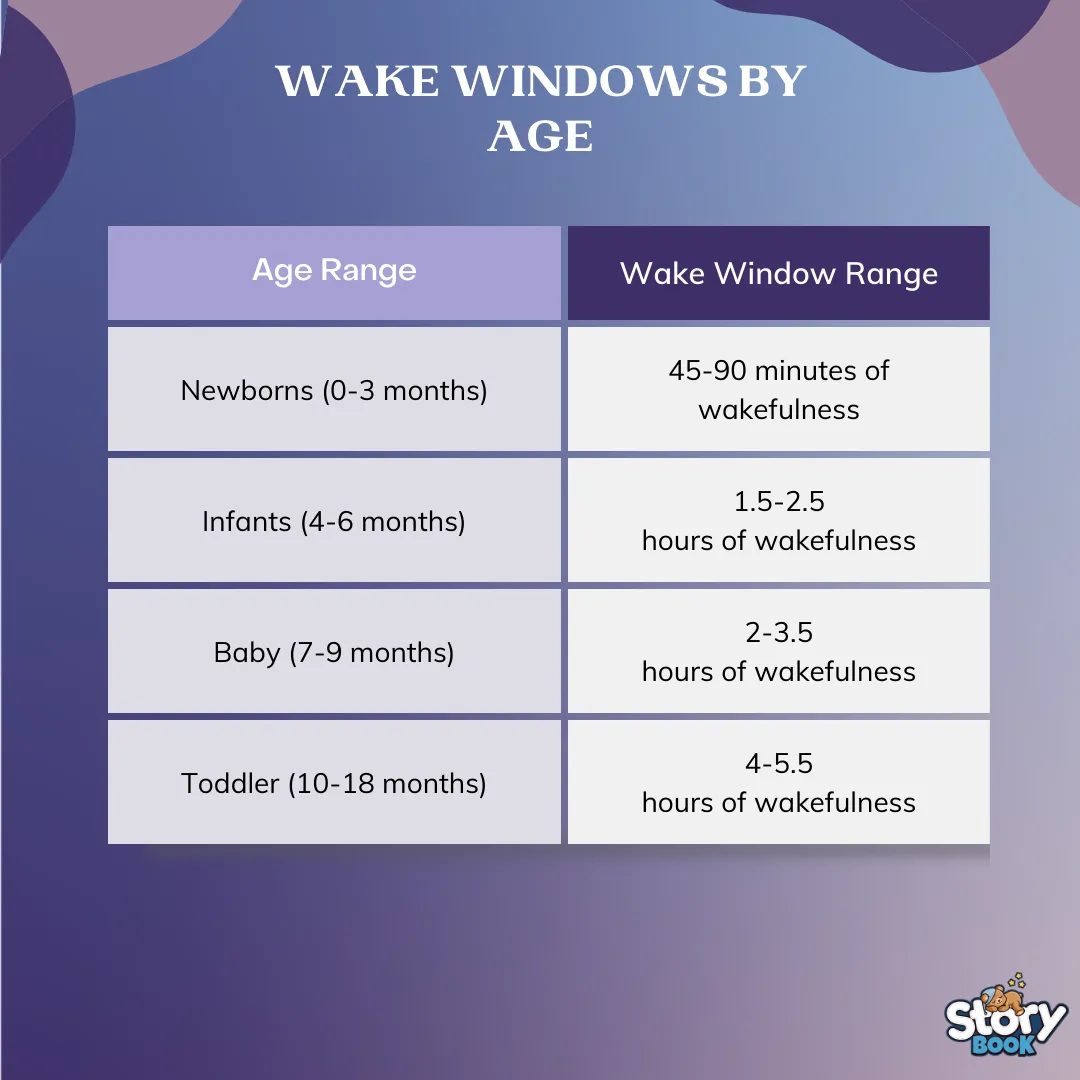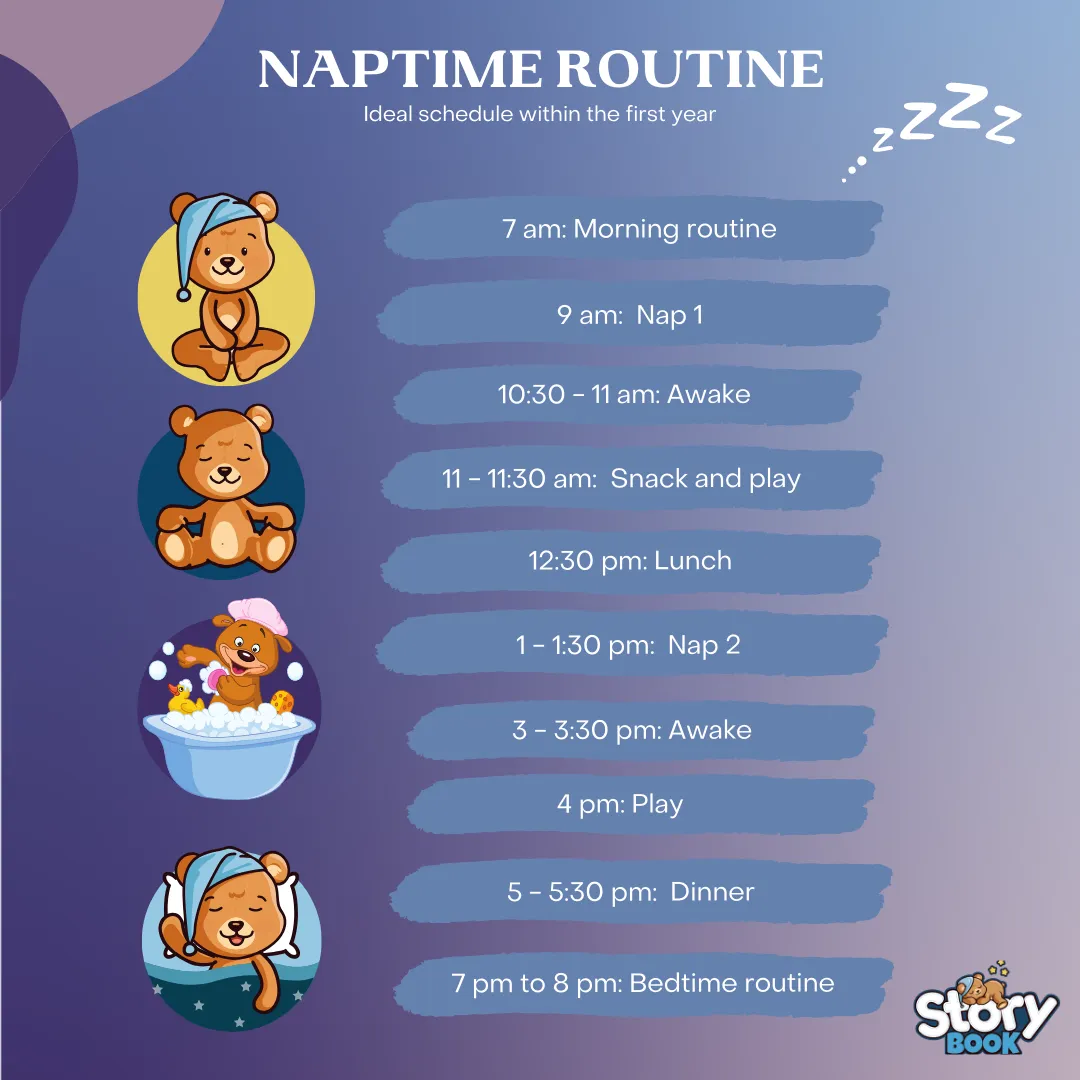Sleep is crucial for a baby's development, constituting up to 80% of their time in the womb and 40% of their early childhood. With active and quiet sleep playing distinct roles in brain development and physical growth, understanding the nuances is key. Active sleep, or REM, forms vital brain connections, while quiet sleep fosters muscle repair and energy restoration.
Adequate sleep supports optimal physical and emotional development in infants. Although the impact of too much sleep is not entirely clear, it's essential to monitor your baby's sleep patterns and consult your pediatrician if concerns arise. Explore nine essential tips for ensuring your baby sleeps better and thrives in their crucial early years.
1. Recognize signs of insufficient baby sleep
If you are unsure if your baby is getting enough sleep, look for these signs that they aren’t:
- Lack of interest in people and their environment
- Looking away or avoiding stimulating things
- Increased fussiness and crying
- Rubbing eyes, pulling ears, and yawning
- Clumsiness and difficulty waking up
- Excessive clinginess
2. Be aware of recommended sleep hours for babies by age
Understanding the appropriate sleep durations for babies at different stages is fundamental to fostering a healthy sleep routine. Knowing the bedtimes by age plays a crucial role in ensuring your little one gets the right amount of rest for their development. Here's a quick guide:
- 🤱🏻Newborn (0-3 months): 14-17 hours
- 👶🏼Infant (4-11 months): 12-15 hours
- 🧒🏻 Toddler (1-2 years): 11-14 hours
3. Establish consistent bedtime routines
Routines provide stability and a sense of security for babies and children alike. Know your baby’s wake windows and develop a routine around them and their eating habits. To do so, develop a bedtime routine chart to keep track of your baby´s sleep. Try to keep to your routine as best as possible.
Crafting a shorter routine before naptime can still be effective in preparing your baby for a peaceful rest. Consider a naptime routine that includes a feeding, followed by some soft music, and a gentle massage.
Use Storybook App's resources as a guide to create a customized and soothing sleep schedule for your baby, ensuring a restful naptime experience.The perfect combination of infant massage, reflexology, bedtime stories, music, white noise and more!
🛀 Start bedtime with a calming bath
Gently introduce your baby to the evening routine with a warm and soothing bath, providing a sensory signal that it's time to wind down.
🛌Include stories with massage
Explore the Storybook App for the best relaxing massages, featuring techniques for the head, back, and tummy. These parent-approved methods can enhance the bedtime experience, creating a sense of comfort and relaxation for your little one.
💜 Approved by parents:
🎶 Put on some cool white noise sounds
Utilize the Storybook App's collection of the most soothing noises, designed to help your baby relax and enjoy a peaceful night's sleep.
😴 Light off!
Conclude the bedtime routine by dimming the lights, signaling to your baby that it's time to rest.
4. Follow wake windows
Make the most of awake time – During the day stimulate and interact with your baby as much as possible. Look at activities to do with your baby according to their age (i.e. tummy time, high contrast books).
A wake window represents the average duration your baby stays awake between sleeping periods. It's crucial to be aware of your baby's specific wake windows, as this knowledge contributes to crafting a healthy sleep schedule.
By aligning with the recommended wake windows by age, you can tailor a routine that ensures your baby receives adequate and timely rest. Baby sleep wake windows are as follows:

5. Try sleep-inducing practices
Infant massage
Infant massage is also a great way to increase melatonin production and improve your baby’s sleep quality.
💜 Approved by parents:
Sound machines, sleep sacks, and pacifiers
Improve your baby's sleep with the help of sound machines, sleep sacks, and pacifiers. Use a soothing sound machine to create a consistent background noise that signals sleep time.
Embrace sleep sacks for a cozy and secure feel without loose blankets. Introduce a pacifier as a comforting self-soothing tool during naps and bedtime. Simple additions that can make a big difference in your baby's sleep routine.
Try with scents and creams
Others swear by certain scents (i.e lavendar) or creams to help increase their little one’s sleep. Check with your pediatrician about the pros and cons of these practices.
6. Limit daytime napping and daytime napping
Maintaining a consistent routine is key to optimizing your baby's sleep, even if it may seem counterintuitive to limit daytime sleep. Stick to the recommended nap lengths for your baby, regardless of their apparent tiredness.
Consider adopting the 'eat, wake, sleep cycle'—a method endorsed by experts like Dr. Marc Weissbluth. This cycle involves feeding your baby immediately after waking up, promoting full feedings and ensuring your baby has energy for playtime.
Following this cycle helps prevent the association of food with sleep. As Dr. Weissbluth emphasizes with the 'Eat-Play-Sleep' cycle, aligning feeding, play, and sleep can contribute to a well-balanced and healthy sleep routine.

Discover easy naptime tips for a more peaceful and relaxing rest! Explor now naptime simple tips
7. Promote self-soothing
Encourage self-soothing when your baby wakes at night by minimizing direct interaction. Check on them, ensure they are on their back, and attend to essential needs like feeding or changing a diaper without excessive stimulation.
While calming them with a gentle hand on the chest or back, aim to leave the room once they are settled but still awake. This approach fosters independence in self-soothing while addressing their night requirements.
"Consider the emotional well-being of the baby. Make sure the baby feels safe and comfortable. Separation anxiety can affect sleep, so it is important to create an environment of security and comfort."
💡Dra. Lorena Koppel
8. Wean night feedings
Initiate the process of weaning night feedings as advised by your healthcare professional. Gradually reduce the amount of food offered during night awakenings over several days or a week to help your baby acclimate to the idea of not relying on feeds during night wakings.
9. Be patient
Avoid the trap of comparing your baby's sleep habits to others, as each baby is unique. Some infants may naturally be good sleepers, while others might be more alert or have higher needs.
Understanding and appreciating these individual differences can help you approach your baby's sleep journey with a more open and patient mindset. Remember, your baby's sleep patterns are part of their unique developmental path, and patience is key as you adapt to their distinctive needs.
➡️➡️Here you'll find some awesome hacks for smooth parenting. Click now →→Advice for new parents

Written By
Francisco Cornejo, a dynamic entrepreneur with a Masters in Communication from RMIT University in Australia, is the Co-Founder and CEO of Storybook. As a serial entrepreneur, he notably served as the Chief Marketing Officer at Honda Motors in Latin America, shaping the brand's regional presence. Passionate about family well-being and communication, Francisco leads Storybook in its mission to improve children's health globally, aiming to create positive impacts in both corporate and societal spheres.
References
- National Sleep Foundation. (n.d.). Baby Sleep. National Sleep Foundation. Retrieved from https://www.sleepfoundation.org/baby-sleep
- Government of Western Australia. (n.d.). Sleep - 0-3 months. Healthy WA. Retrieved from https://www.healthywa.wa.gov.au/Articles/S_T/Sleep-0-3-months











